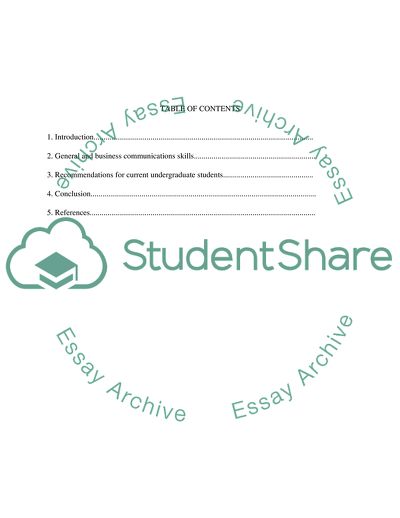Cite this document
(Business Communication Skills Necessary for Business Graduates Case Study, n.d.)
Business Communication Skills Necessary for Business Graduates Case Study. https://studentshare.org/education/1807570-personal-development-portfolio
Business Communication Skills Necessary for Business Graduates Case Study. https://studentshare.org/education/1807570-personal-development-portfolio
(Business Communication Skills Necessary for Business Graduates Case Study)
Business Communication Skills Necessary for Business Graduates Case Study. https://studentshare.org/education/1807570-personal-development-portfolio.
Business Communication Skills Necessary for Business Graduates Case Study. https://studentshare.org/education/1807570-personal-development-portfolio.
“Business Communication Skills Necessary for Business Graduates Case Study”. https://studentshare.org/education/1807570-personal-development-portfolio.


